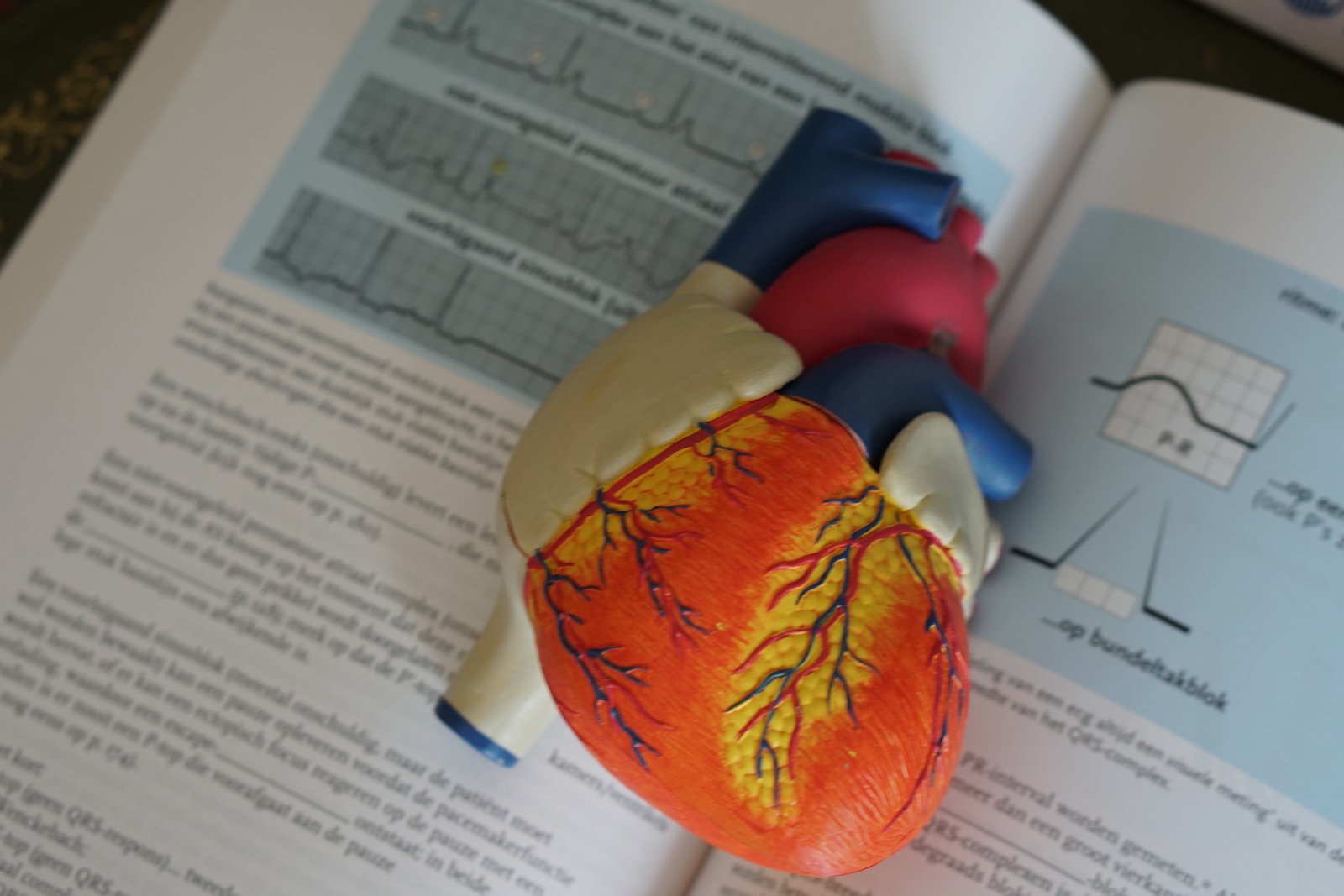Share this article with your network of friends!
As we age, it becomes increasingly important to pay attention to our heart health. Heart problems can arise unexpectedly and have serious implications for seniors. Recognizing the warning signs and symptoms of potential heart issues is crucial for early detection and seeking appropriate medical care. In this article, we will discuss key indicators that seniors should be mindful of, which may suggest the presence of heart problems. By being vigilant and proactive, seniors can take control of their cardiovascular health and potentially prevent complications.
1. Chest Discomfort or Pain:
Chest pain or discomfort is often considered the hallmark symptom of heart problems. Seniors should be aware of any persistent, unusual, or unexplained sensations in the chest area. This can include discomfort, tightness, pressure, squeezing, or a heavy feeling. Pay attention to the duration and intensity of such symptoms, as well as any accompanying symptoms such as shortness of breath, lightheadedness, or pain radiating to the arms, jaw, or neck.
2. Shortness of Breath:
Unexplained shortness of breath or difficulty breathing can be a sign of underlying heart issues. Seniors should be mindful of experiencing breathlessness during routine activities or even at rest. If you find yourself getting winded with minimal exertion or needing to catch your breath frequently, it’s important to consult a healthcare professional for further evaluation.
3. Fatigue and Weakness:
Feeling excessively tired or experiencing unexplained fatigue can be an indicator of heart problems in seniors. If you notice a sudden or persistent decrease in energy levels that affects your ability to engage in daily activities, it may be worth discussing with your healthcare provider. Additionally, feelings of weakness or reduced stamina during physical exertion should not be ignored and may warrant further investigation.
4. Irregular Heartbeat or Palpitations:
Seniors may experience episodes of an irregular heartbeat, often described as palpitations. This can manifest as a racing heart, fluttering sensations, skipped beats, or a pounding feeling in the chest. If you notice any abnormal heart rhythms or palpitations, it’s important to bring this to the attention of your healthcare provider, as it may indicate an underlying heart condition that requires evaluation.
5. Swelling and Fluid Retention:
The accumulation of fluid in the body, often resulting in swelling of the ankles, feet, legs, or abdomen, can be a sign of heart problems. Seniors should be vigilant for persistent or worsening swelling that does not resolve with elevation or rest. Rapid weight gain or a sudden increase in abdominal girth may also be indicative of fluid retention and should be evaluated by a healthcare professional.
6. Dizziness and Fainting:
Experiencing frequent dizziness, lightheadedness, or fainting episodes can be associated with heart problems. Seniors should pay attention to these symptoms, particularly if they occur during physical activity or upon standing up from a seated or lying position. It’s important to consult a healthcare professional if you experience recurring episodes of dizziness or fainting.
As seniors, it is essential to prioritize our heart health and be vigilant about recognizing potential warning signs of heart problems. By being aware of symptoms such as chest discomfort, shortness of breath, fatigue, irregular heartbeats, swelling, dizziness, or fainting, we can take early action and seek appropriate medical attention. Regular check-ups with healthcare providers, maintaining a healthy lifestyle, and being proactive about managing risk factors can significantly contribute to maintaining optimal heart health. Remember, your heart is at the center of your well-being, so listen to it attentively and prioritize its care.
DISCLAIMER: This website contains articles for informational and entertainment purposes only. No articles on this website should be considered as professional advice for any medical, legal, or financial matter. Advertisements and content may contain affiliate links, where the website earns a commission for sales derived from our users.





